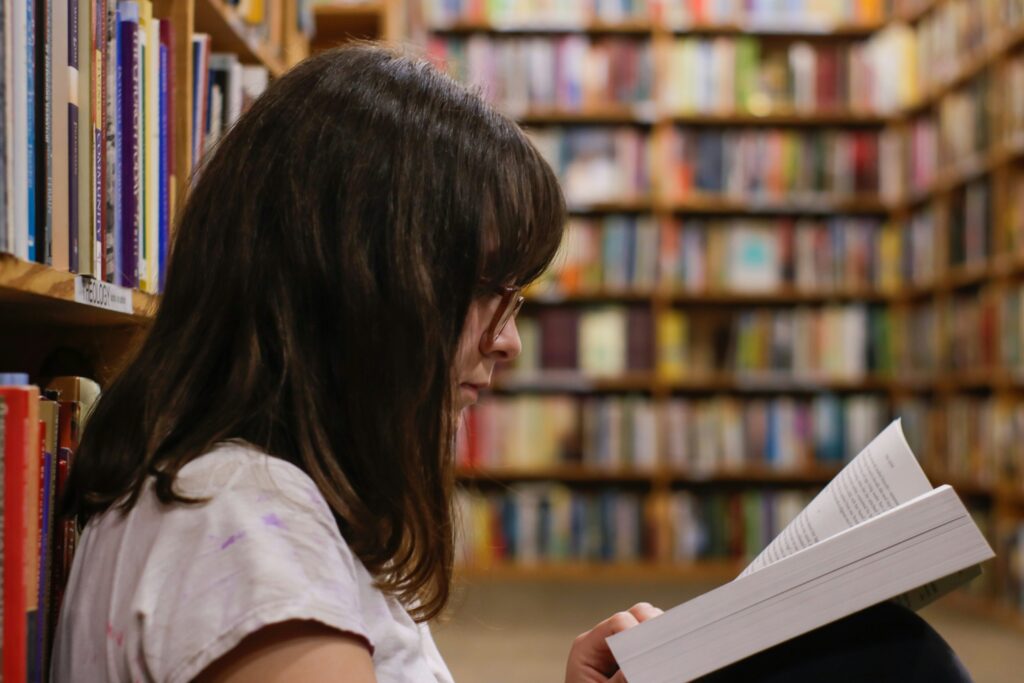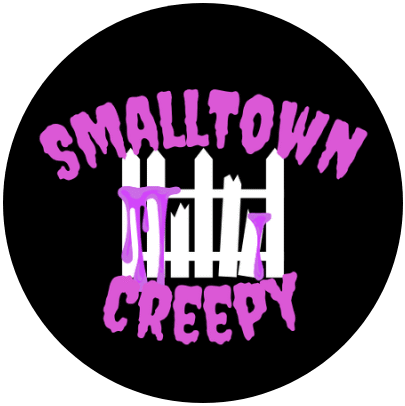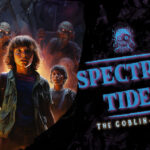How do you choose the books you read?
Are you drawn to beautiful or unique cover art? Synopses that hook into your imagination? Drawn in by compelling reviews or friend recommendations?
My own books are often chosen from a variety of methods. Lists of new horror on various reader sites, favorite reviewers raving about their recent reads, and recommendation lists (especially ones that say “If you liked THIS book, you should read THAT book next”). I also have a few autobuy authors — authors whose books I’ve read in the past and loved so much that I have faith in anything else they put out.
More and more, I’m also looking for my next reads from diversity reading lists. Lists that share BIPOC, queer, and disabled horror authors in particular. Since doing this, I’ve loved the direction my reading is going. So much so, that I highly recommend all readers do the same.

Meritocracy as Oppression
I was talking to a friend about reading diversely and he said he just wanted to read good books. That he didn’t care who wrote them. I explained that this was akin to claiming to be color blind regarding people and, like that same claim, does more harm than good. Sure, being color blind and only picking out what’s good to read sounds like a great concept. It’s based on the idea of meritocracy — a system in which people are rewarded and advanced based on ability and the work they put forth. Without getting into the ableism inherent in meritocracy, let’s focus on why this doesn’t work to make the playing field fair to minorities.
Ignoring race, gender, sexuality, and ability when looking at authors to read from relies on the concept of not making those in power “uncomfortable.” It allows them to be “nice” without doing anything to actually help minority authors. It’s also based on the idea that if we ignore the problem, if we ignore the experiences of those authors, then it will somehow disappear. At worst, it’s a tool of White Supremacy, Patriarchy, and Ableism to cover up the voices of those authors and the people they represent.
That probably sounds preachy and I’ve probably lost a few readers already. That’s ok. If the tone is more important to you than the message, you didn’t care about the message.
The Numbers Don’t Lie
Here’s the thing, and what I explained to my friend — publishing has a diversity problem. According to the Lee and Low 2023 Diversity Baseline Survey, over 72% of the publishing industry is white and over 91% cis-gendered (mostly cis women), 68.7% heterosexual, and 83.5% non-disabled. Does this mean that BIPOC, queer, and disabled people aren’t interested in the publishing industry? No, of course not. It’s because the industry is full of gatekeeping.
At the time I’m writing this, St. Martin’s Press’s books are currently under a advertising boycott by reviewers, bookstores, and more for Zionism and racism in part because they would not send ARCs of books to BIPOC reviewers. They are hardly the first or the last to have this problem.
So my question for those who claim to only want to read good books and not care about the diversity of the author, how are you going to find good books if many of them aren’t even allowed through the doors because of prejudice against the author?
What Can You Do?
Educate yourself on diverse reading. Go out of your way to find books by diverse authors. Check out diverse book reviewers and indie publishing companies that prioritize diverse books.
You don’t have to completely toss out your books by old white men (though you might consider the chokehold that many of them have on the industry and why). Instead, just make a note to look at and try out a book by a BIPOC, queer, or disabled author now and then. There are a ton of lists out there sharing them and works by them that might be similar to books you already love.
Since I started focusing on reading diversely, I’ve found new favorite books I love that I wouldn’t have seen before. For example, my favorite grief horror book, Bad Cree by Jessica Johns, only came across my radar because I started following Naomi on TikTok. Naomi shares Indigenous books and horror by Women primarily in order to help diversify publishing. I am so grateful to her for recommending Bad Cree because I loved it so much and would have never heard of it otherwise.
I’ve also realized that a lot of the books I used to love, books that I see the horror community rave about, books by the Kings of horror, are actually…mediocre. Reading diversely has leveled up my horror in ways I had not imagined before. The body horror is weirder. The grief horror hits deeper. The intensity, real world scares, human monsters, and psychological terrors are far greater than what I’d been reading before. It’s so worth checking out.
The Lee and Low 2023 Diversity Baseline Survey: https://blog.leeandlow.com/2024/02/28/2023diversitybaselinesurvey/
Naomi’s TikTok recommending Indigenous books and horror by women https://www.tiktok.com/@fromthemixedupdesk
Also check her out on Bindery where she is working on creating an Indigenous Imprint for publishing books. https://boozhoo.binderybooks.com/
Diversity in Horror blog has a long list of recommended horror books separated by race, background, LGBTQ+ spectrum, and more. https://diversityhorror.blogspot.com/



This us very interesting. Thanks for sharing with us.